Focus
Your Present Location: HOME> Focus-
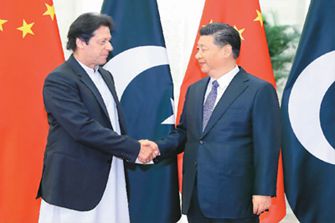
Liu Zongyi: Khan’s visit infuses momentum in ties
Pakistani Prime Minister Imran Khan started his first official visit to China Friday last week. The two nations signed 15 agreements on Saturday. Khan is also a guest of honor at the ongoing China International Import Expo (CIIE) in Shanghai.
2018-11-05 -
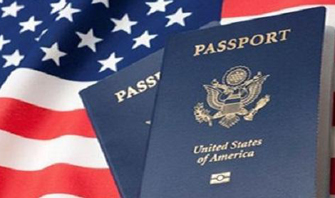
Liu Zhiqin: By distrusting immigrants, US invites its decline
Donald Trump has become the most daring president to challenge tradition among all US presidents and even in the world. He breaks the old order in an attempt to thoroughly revise rules which he believes are unreasonable and hasn't shown any sign of stopping.
2018-11-02 -
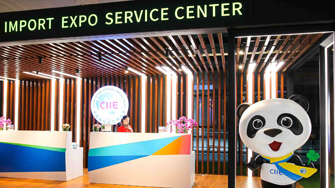
Guan Zhaoyu: The global significance of China’s expanding imports
The upcoming China International Import Expo (CIIE) starting on November in Shanghai will offer a historic opportunity for companies from all over the world to access China's vast market. Since China is the world's second largest importer and consumer market, the relationship between China's import and the development of the world economy becomes self-evident.
2018-11-02 -

Ding Gang: Chinese companies acquire new identity abroad
I met Victor Cortese in the power distribution room of a construction site in Panama. A Venezuelan, he has worked there as an electrical engineer for more than a year.
We visited the new Panama convention center that is under construction on a hot and humid October morning. China Construction America, a subsidiary of China State Construction Engineering Corp. Ltd. (CSCEC), is one of the two contracting companies for the project; the other is a local one.2018-11-01 -

Wang Yanhang: China, Japan must push financial cooperation
Financial cooperation between China and Japan has seen unprecedented changes recently, which is a positive sign amid the current global trend toward unilateralism. It also raises the question about whether the bilateral financial cooperation is being forged by two sides coming to each other's aid in a time of crisis despite old grievances and enmities, or if it is a result of long-term planning and foresight.
2018-11-01 -
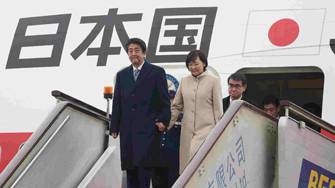
Guan Zhaoyu: Sino-Japanese relations to warm up by "B&R" pragmatic cooperation
Japanese Prime Minister Shinzo Abe pay an official visit to China from October 25 to 27, seven years after the Yoshihiko Noda's visit in 2011 and also the Japanese Prime Minister's official visit to China after seven years. According to previous reports, the topics under discussion between the two sides in this visit will be very broad. However, the author believes that the international cooperation between the “Belt and Road” and the third-party market is still worth paying close attention to.
2018-10-29 -
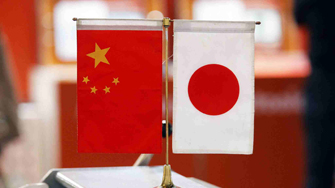
Wang Yiwei: Will Japan and China cooperate on the BRI?
Japanese Prime Minister Shinzo Abe is paying an official visit to China and is likely to express a positive attitude on the Belt and Road Initiative (BRI). Since Liberal Democratic Party Secretary-General Toshihiro Nikai came to China to attend the Belt and Road Forum for International Cooperation as Japan's representative last May, Japan has been positive on the BRI.
2018-10-29 -
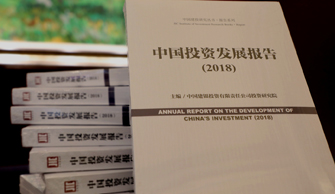
He Weiwen: China Outstrips The US As World’s Largest FDI Destination
The latest world investment report by UNCTAD shows that total world foreign direct investment (FDI) fell drastically to $470 billion during the first half of 2018, 41% down from its total of $794 billion one year ago.
2018-10-26 -
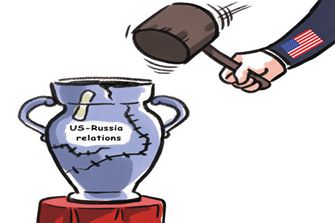
Zhao Minghao: INF withdrawal indicates disruption of global arms control systems
When it comes to foreign policy, US President Donald Trump makes himself look like Ronald Reagan, the president who helped the US win the Cold War. Many decision-makers in the White House also believe in the Reagan Doctrine. However, Trump recently announced that the US will pull out of the Intermediate-range Nuclear Forces (INF) treaty - the most important legacy of the Reagan administration. The treaty was signed when then Soviet leader Mikhail Gorbachev visited the US in December 1987.
2018-10-25 -
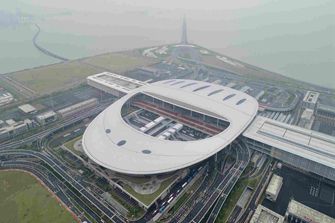
Liu Zhiqin: Hong Kong-Zhuhai-Macao Bridge leads to a brighter future
The Hong Kong-Zhuhai-Macao Bridge (HZMB), the world's longest sea-crossing bridge has been officially opened to traffic on Wednesday, and the passengers already cannot wait to cross the bridge.
2018-10-25 -
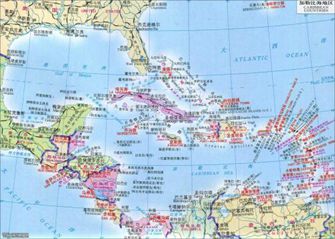
Ding Gang: Can China’s footprint in the Caribbean last?
I recently visited the Dominican Republic as part of a Chinese media delegation. In the Caribbean island country nearly 14,000 kilometers from China, the enthusiasm of locals to develop relations with China was palpable.
2018-10-25 -

William Jones: Decaying infrastructure, the source of US 'decline'
The decline of the US infrastructure in real terms is obvious to anyone with eyes to see. Our roads are filled with potholes, our railroads are slow and uncomfortable, (often dangerous), and our bridges are collapsing. But the cause is not, as President Donald Trump has been persuaded to believe, some "trade deficit" with China.
2018-10-23 -
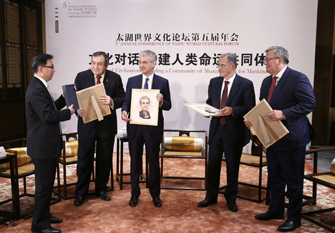
Vital insights given on building community with shared future for mankind
Editor's Note: On the sidelines of the Taihu World Cultural Forum in Beijing last week, China Daily's Publisher and Editor-in-Chief Zhou Shuchun hosted a cultural dialogue between prominent international political figures at the Palace Museum. They discussed global challenges and shared their views and insights about possible solutions.
2018-10-22 -
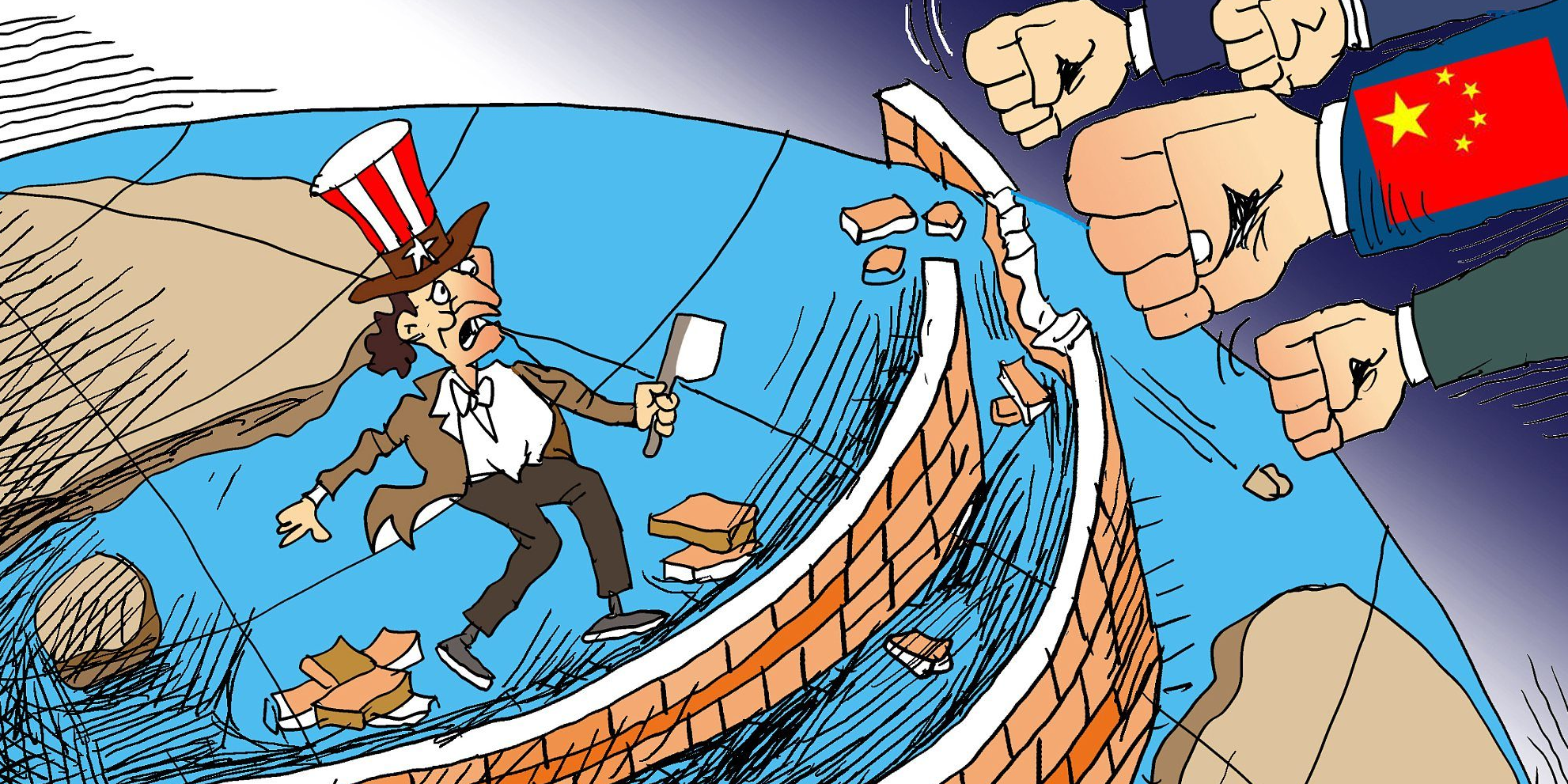
Wang Peng: What the new CFIUS regulation in the US means for China
Last Wednesday, the Trump administration set a new regulation where investors in 27 industries would face tougher scrutiny as an inter-agency panel led by the US Treasury Department, which begins tightening foreign investment rules as part of a pilot program.
2018-10-19 -
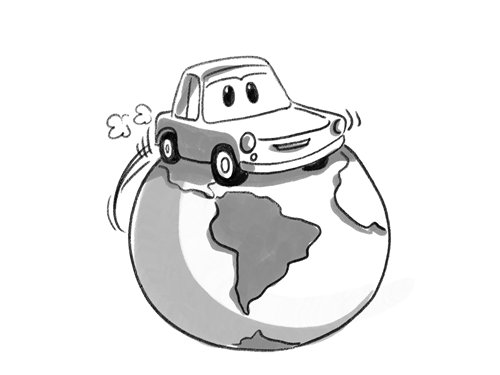
Ding Gang: BYD’s foray into Mexico just the beginning
OXXO, a chain of convenience stores, can be seen everywhere on the streets of Mexico City. Mini-vans, with OXXO logos on them, shuttling on the streets and delivering goods, have become an eye-catching sight in the city. It won't take long for people to see Chinese automaker BYD Auto's electric cars join the fleet.
2018-10-18 -
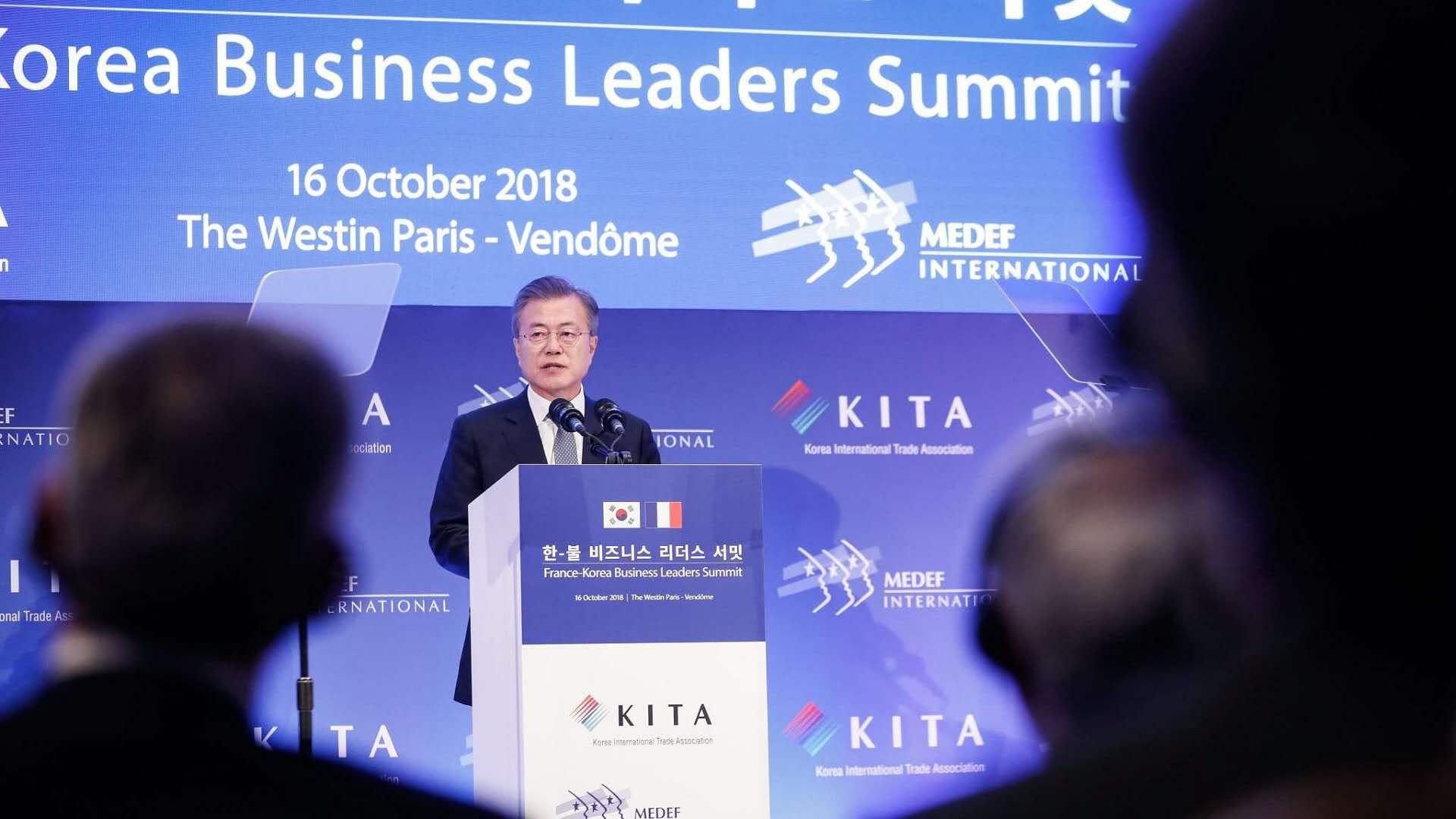
Guan Zhaoyu: Moon's visit to Europe brings new hope to denuclearization
On October 13, Republic of Korea (ROK) President Moon Jae-in flew to the French capital Paris for a nine-day trip to Europe, which includes visits to France, Italy, the Vatican, Belgium, and Denmark.
2018-10-18 -

Wang Yanhang: Dollar bonds show confidence in Chinese economy
On Thursday, China successfully issued $3 billion in sovereign dollar bonds, attracting the attention of the international financial market.
2018-10-17 -
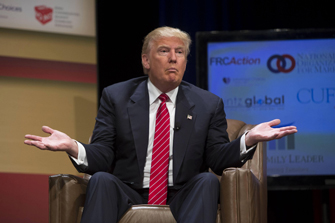
William Jones: Growing China Bias Makes The Truth Hard To Find
Recent allegations raised by a lengthy Bloomberg article on October 4 claimed that intricate spyware had been placed on equipment utilized by Apple and Amazon by PLA hackers and had been distributed by them to 30 different U.S. companies, including the U.S. Government thus jeopardizing their cybersecurity. The story was said to be based on “extensive interviews with government and corporate sources”, although no names were mentioned.
2018-10-16 -

Ma Jun: China should lower risk weight for green assets
With stringent green credit standards and a lower green loan default rate since 2013, China should be the first country to consider lowering the risk weight for green assets, according to a member with the monetary policy committee of China's central bank.
2018-10-15 -
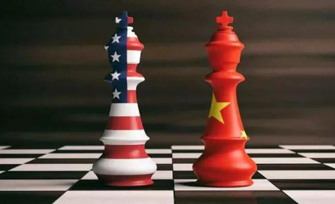
Ding Gang: Despite rivalry, much unites China and US
On my flight from Beijing to Los Angeles, I watched US Vice President Mike Pence's speech on China policy and felt a chill that reminded me of the Cold War. But when I walked out of the airport, a tender breeze alleviated that uneasy feeling.
2018-10-11
























































































 京公网安备 11010802037854号
京公网安备 11010802037854号





